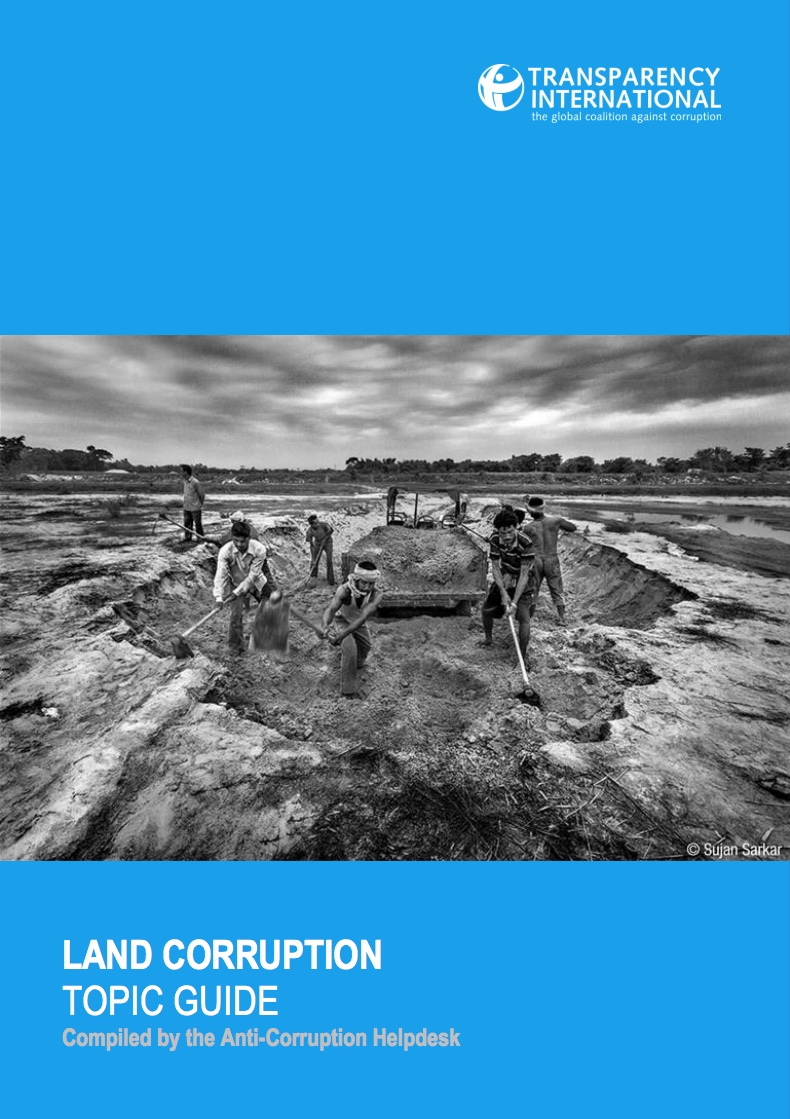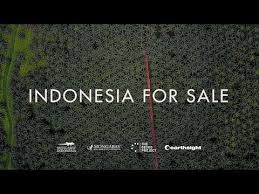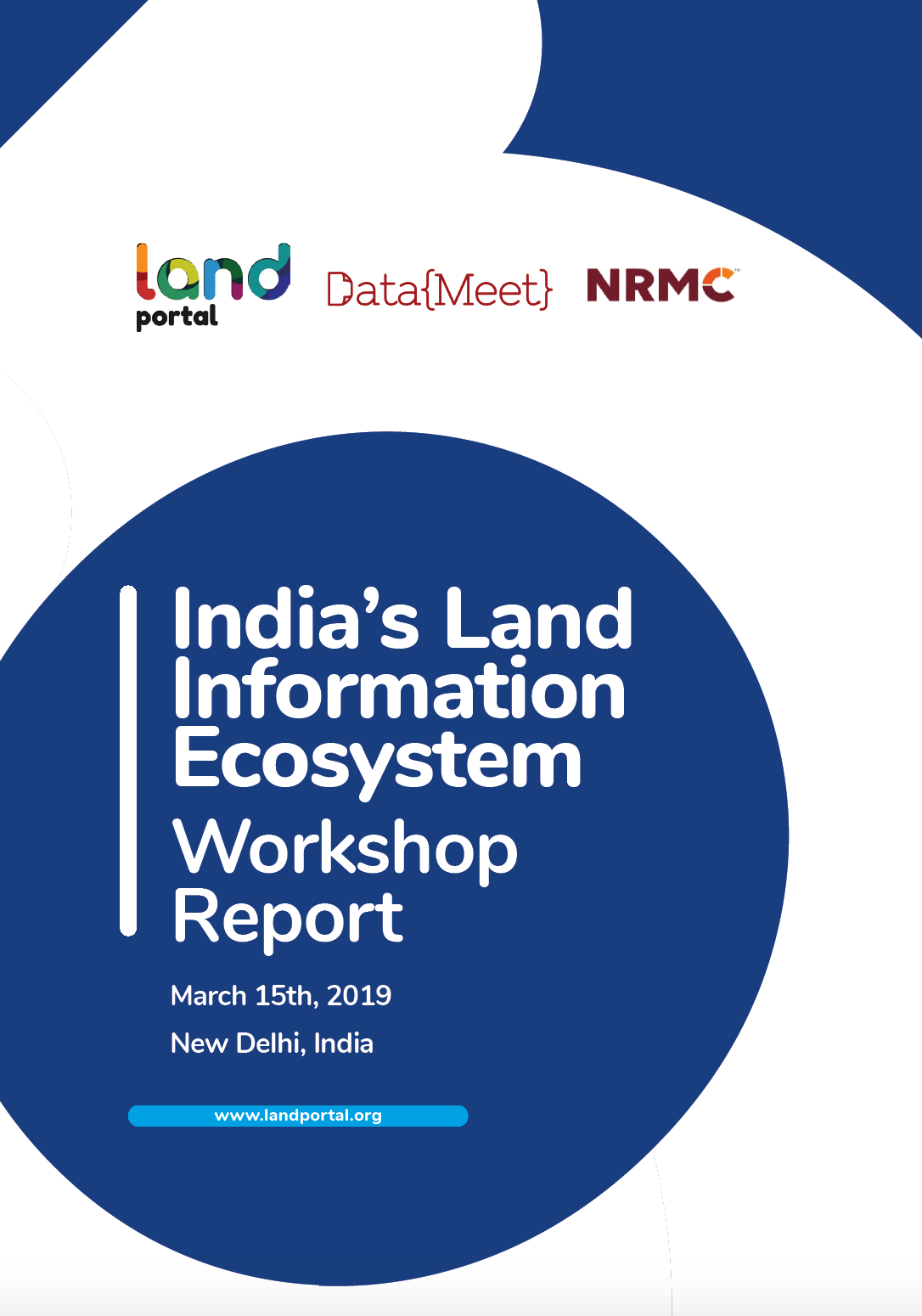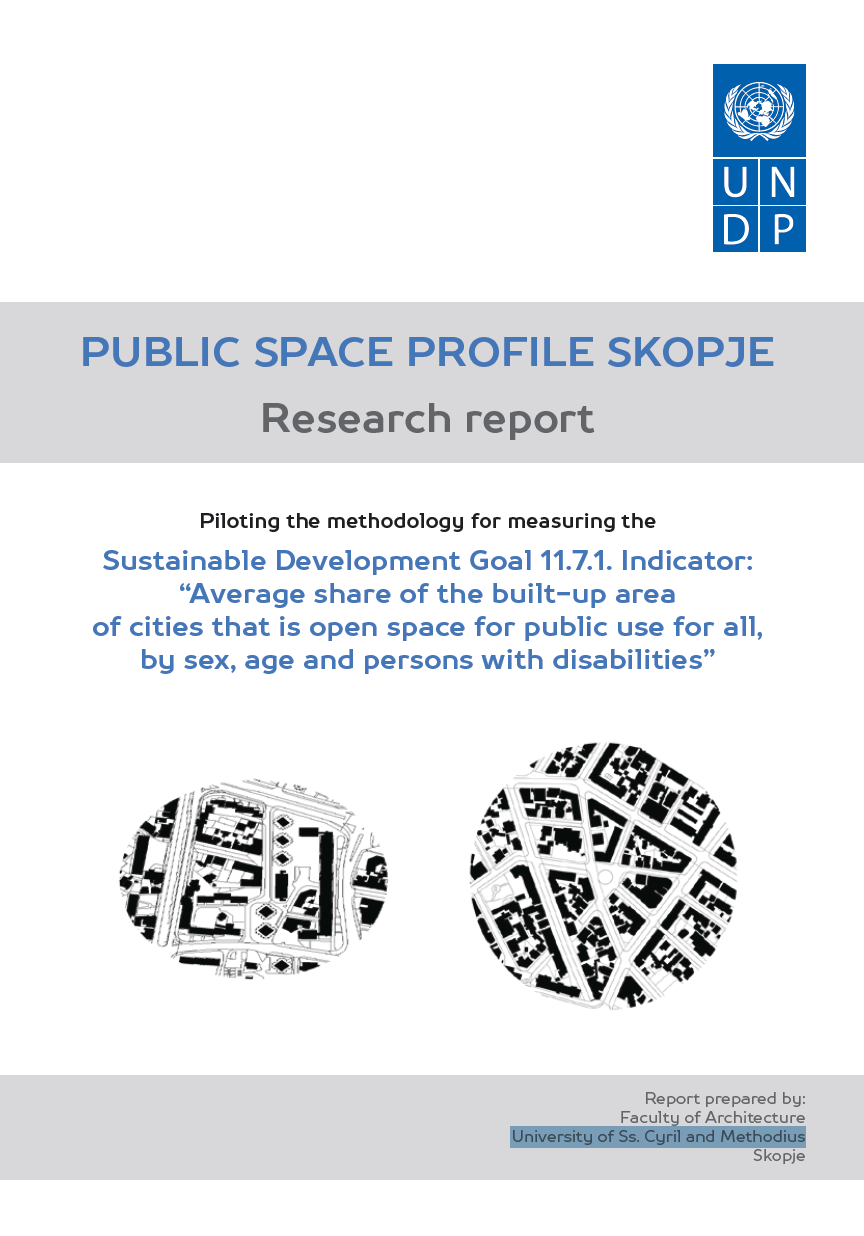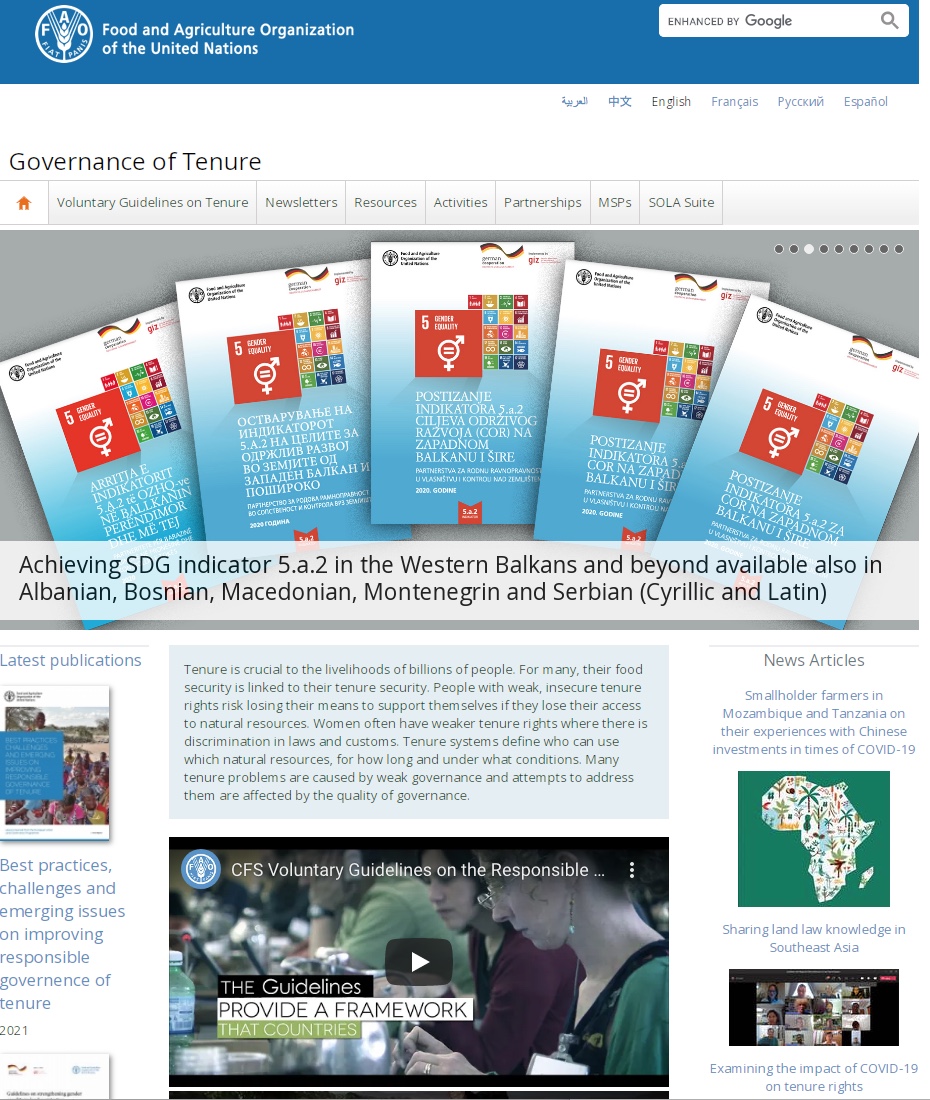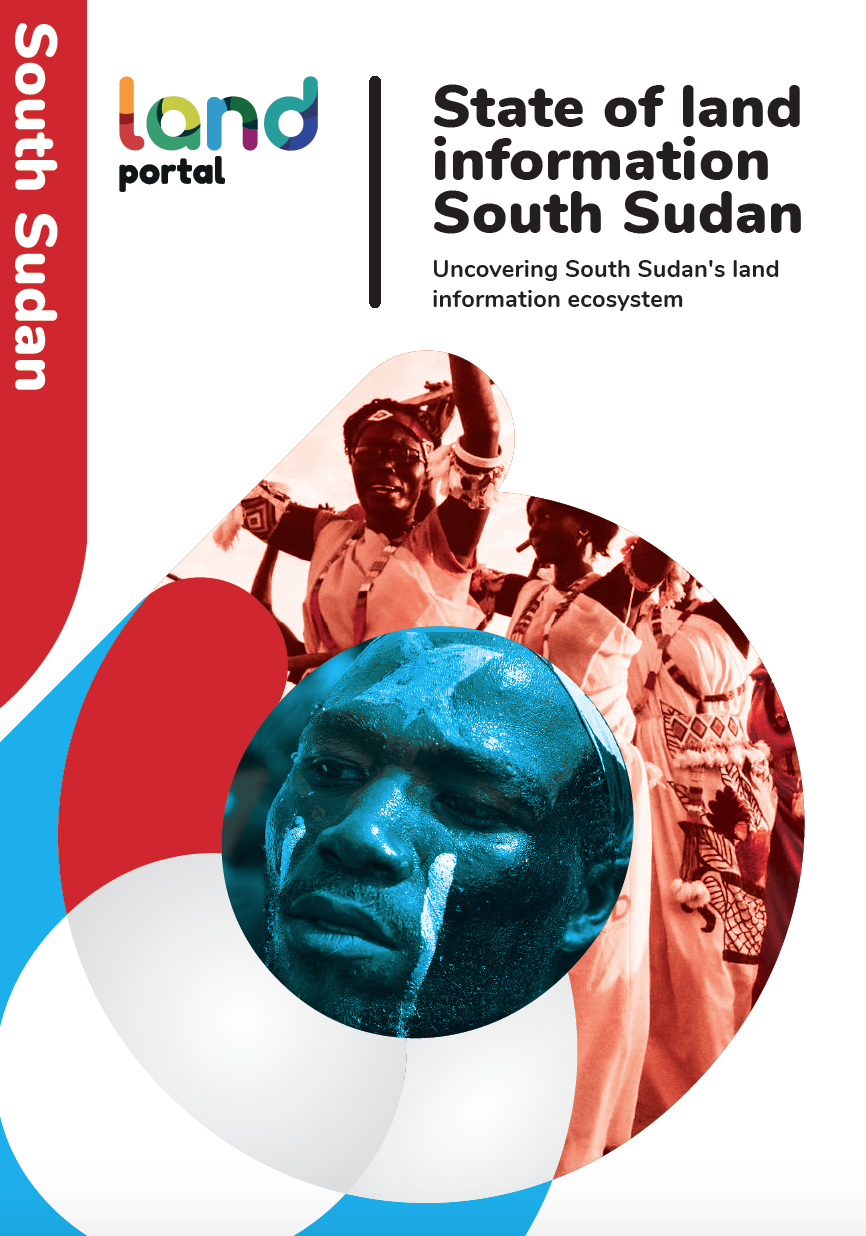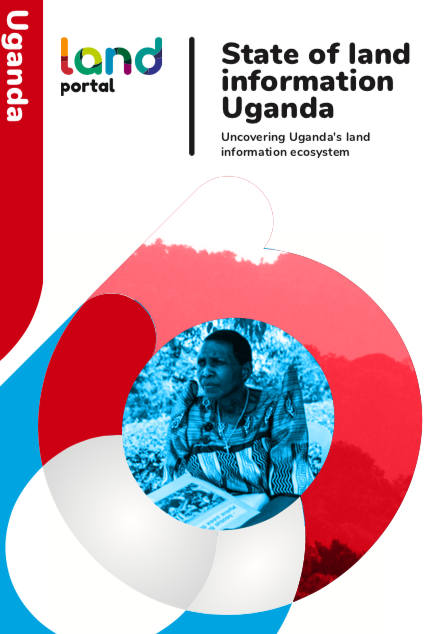ASSESSING FOREST GOVERNANCE IN MYANMAR
Myanmar is losing its natural forests, with devastating impacts on the lives of millions of people. The losses are killing the country’s rich biodiversity and undermining its economy. One of the main drivers is weak governance.


